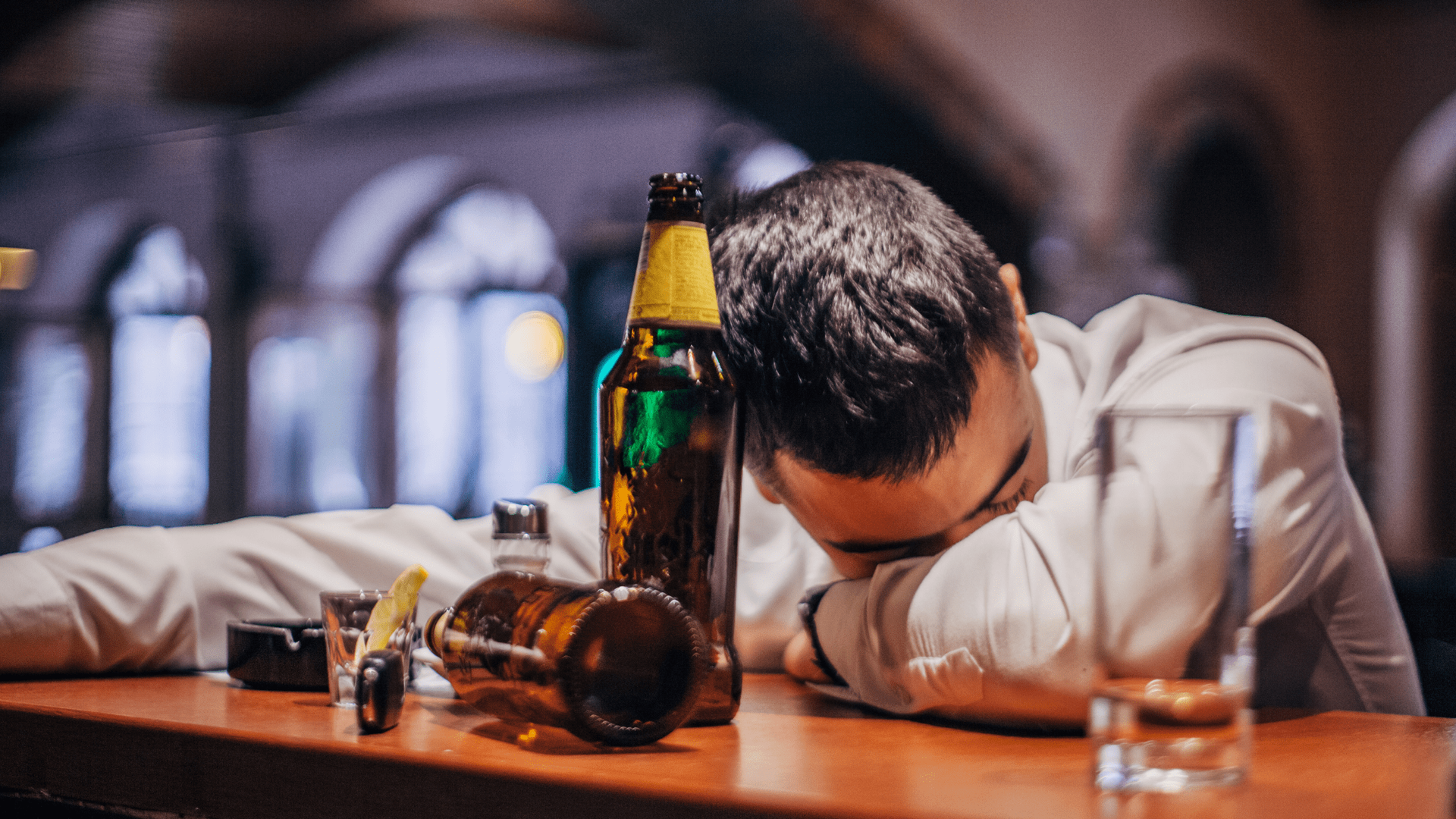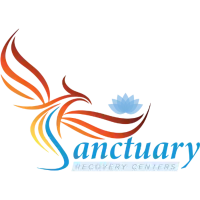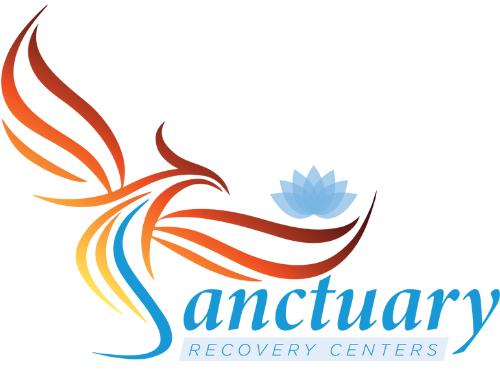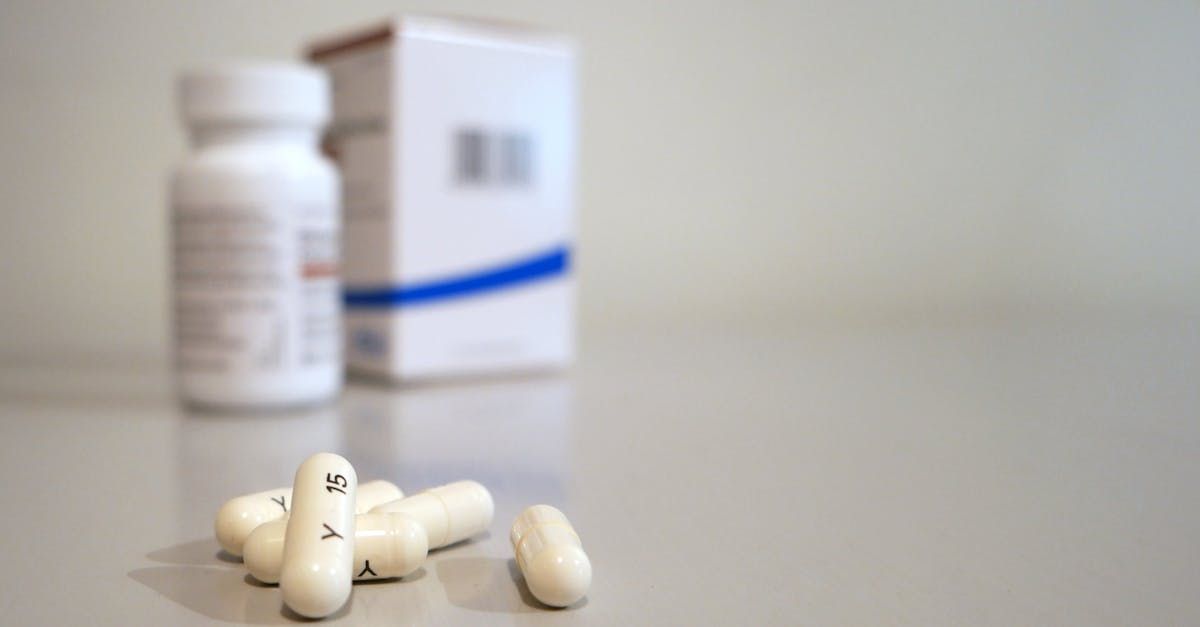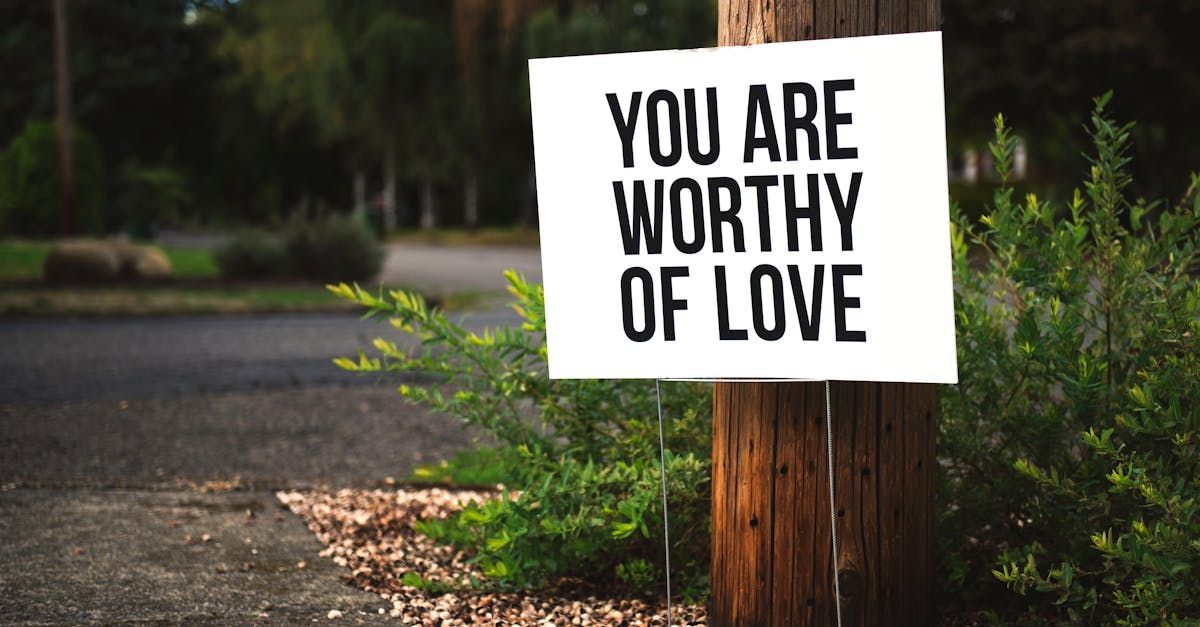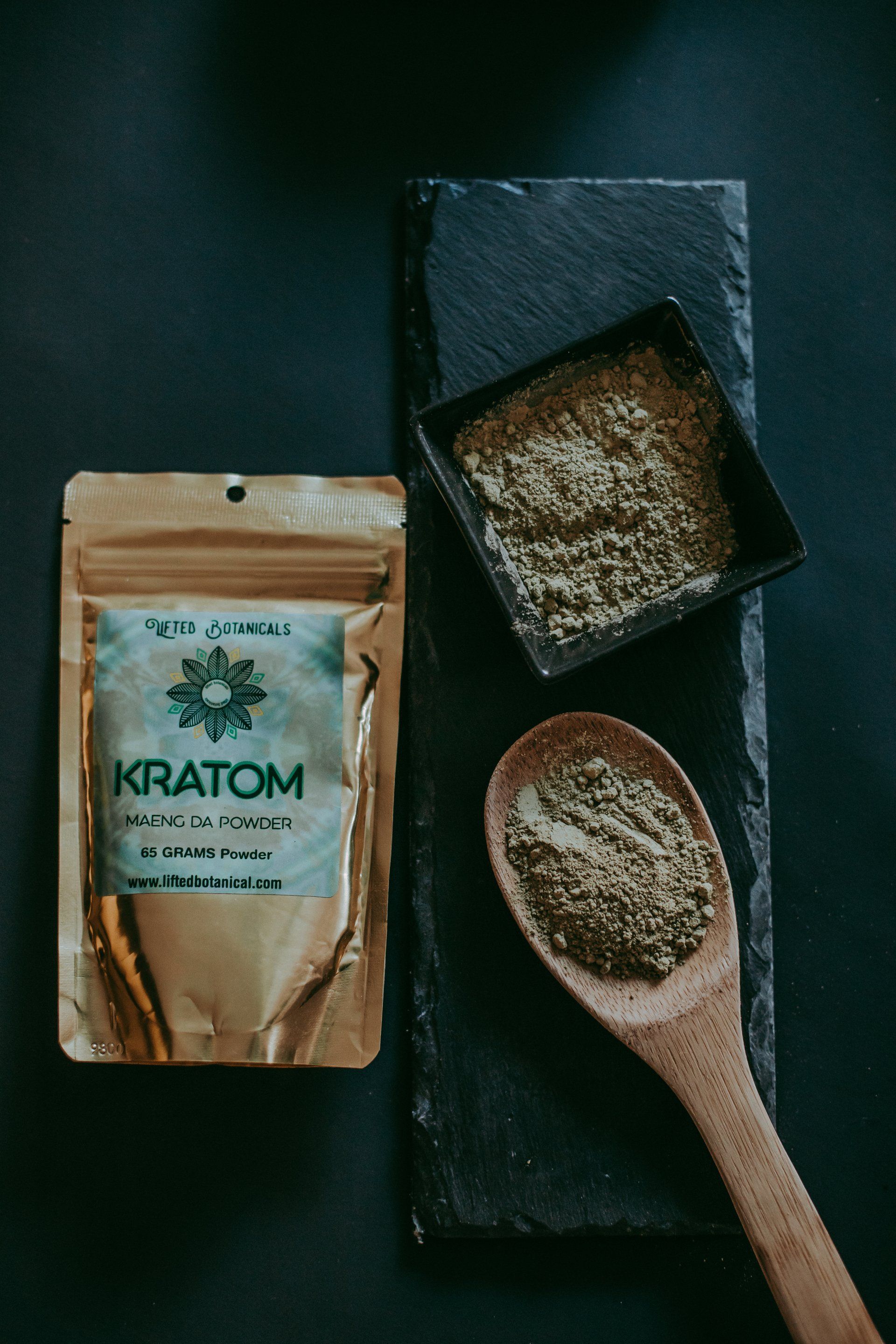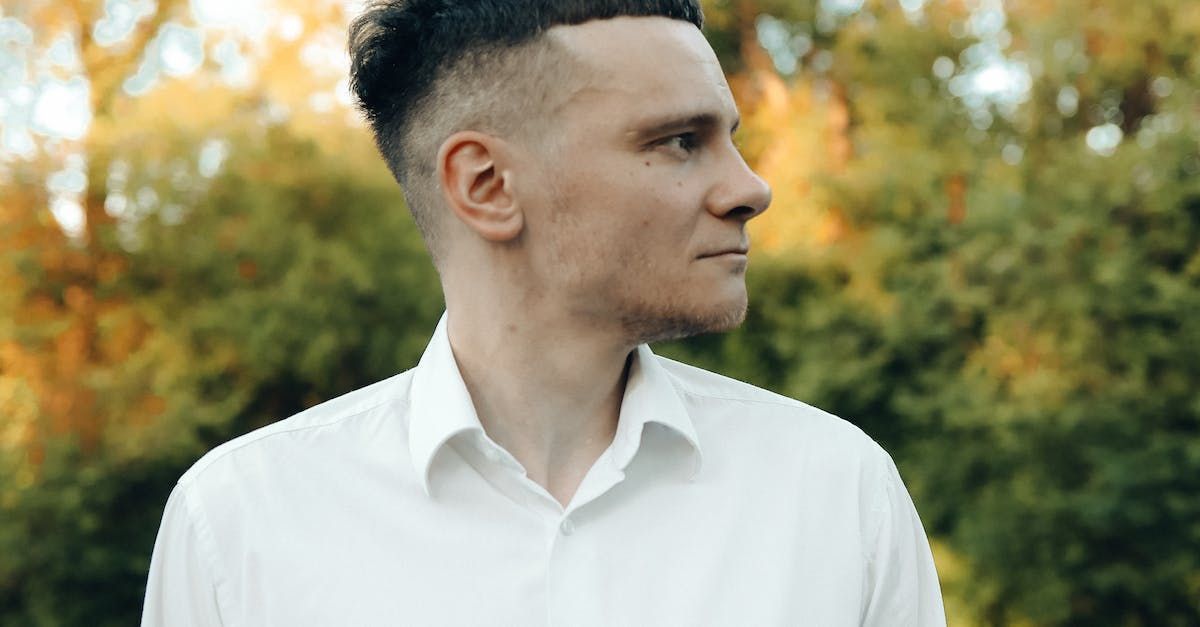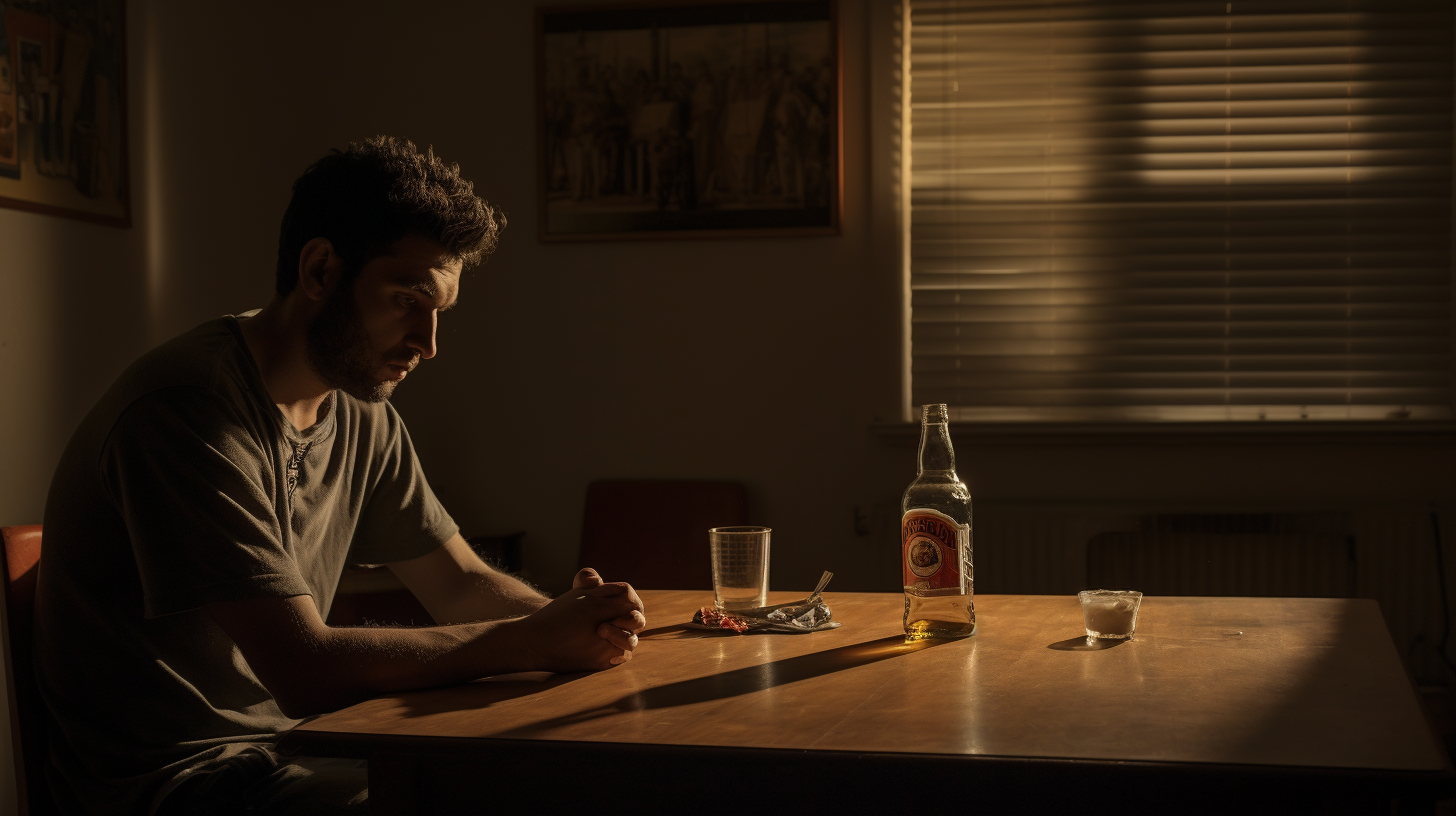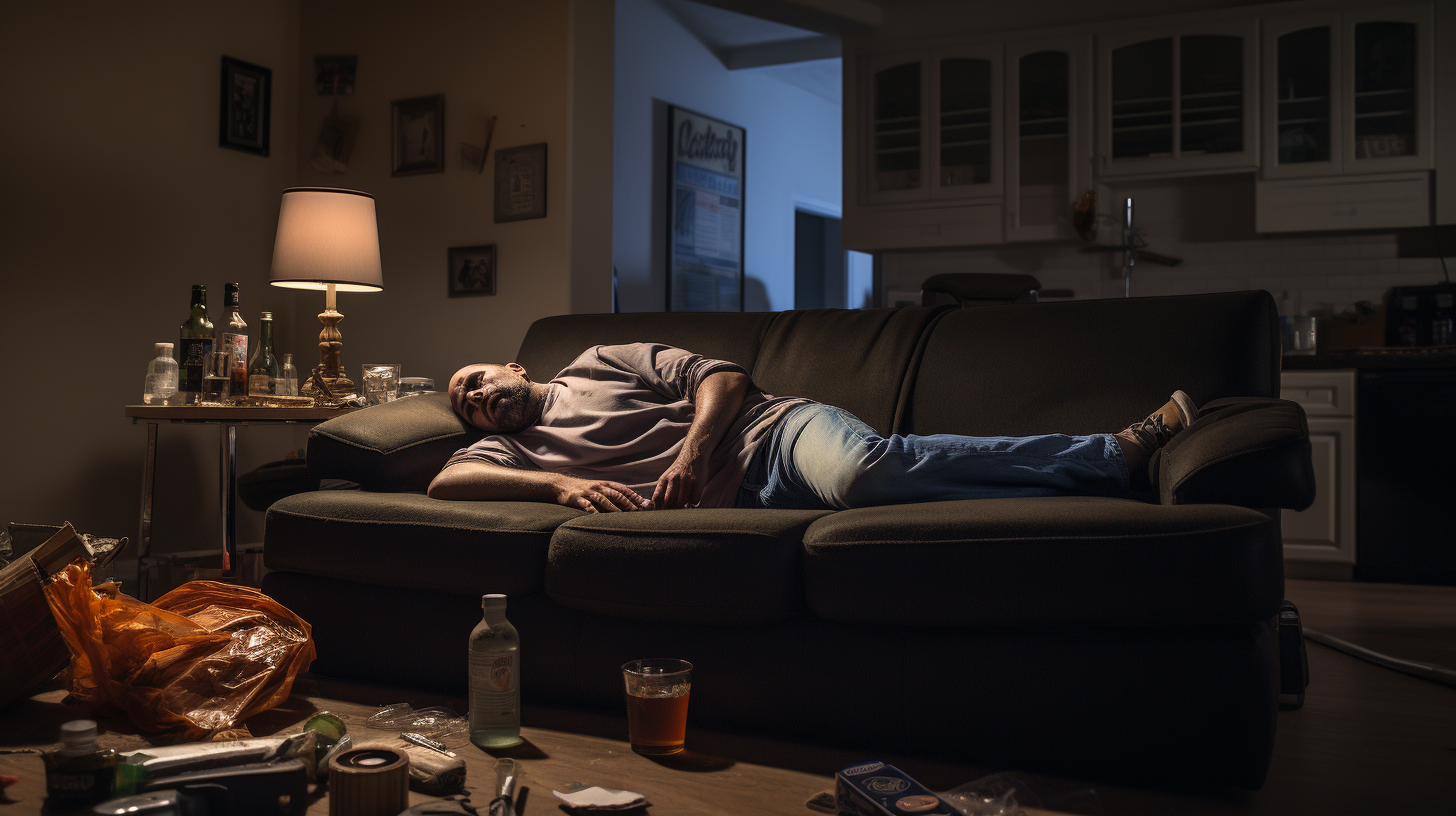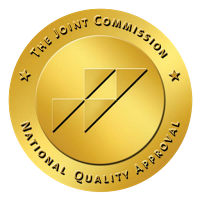Get Help With Your Addiction

Recognizing The Signs & Symptoms Of Depression
September 28, 2023
Depression can show itself in many ways. You may feel sad or lose interest in fun things . Some people sleep a lot, while others sleep too little. You might not want to eat, or you might eat too much.
Aches and pains that don’t go away could also be a sign of depression.
Depressed people often feel very tired and lack energy . They may start doing poorly at work or school . It might be hard for them to make choices or keep their focus on tasks. Depression can even lead to thoughts of death or suicide .
At our center, we offer the best depression treatment programs for these signs and symptoms. Don’t wait if you think you’re depressed: visit our Sanctuary Recovery Center in Phoenix, Arizona today.
Cause and Effect of Depression
Depression is a heavy load. It can fill your head with dark thoughts. These are often about feeling bad or worse over time. The causes of depression are many and varied. They may be tied to tough life events , like losing someone you love or a grave illness.
It can also come from ongoing stress at home, work, or school.
The effects of depression also branch out in many ways. They affect how we feel and act every day. A person might sleep too much or stop sleeping well at all. They might eat too little or way more than usual.
Some people get very nervous and can’t calm down while others feel slow and tired all the time.
Side Effects of Depression
Depression can make you feel sad and empty. You might lose interest in things you used to enjoy. This illness can change how you eat and sleep . Some people may sleep too much while others may not sleep enough.
It’s also common to feel very tired with depression. It could be hard for you to focus or make decisions. Things that are easy for other people might seem hard for you.
Depression does more than hurt your mind, it hurts your body too. The pain often comes from the stress that depression can cause.
You may have headaches, backaches, or stomach aches because of this illness.
Another side effect is weight loss or gain as eating habits change when one is depressed. Watch out for these signs so we know when to seek help and get treatment right away.
Major Depression Causes
Major depression can come from many things. It’s like a big puzzle. Your genes play a part, your brain does too. We don’t know the full picture yet.
Some people get major depression after something bad happens to them. Others feel down for no clear reason.
Bad habits and not taking care of yourself can also bring on major depression. Things like drinking too much or using drugs are bad news for your mood. So is eating junk food, staying up late, and not moving your body enough.
Sometimes it feels like the world around us causes our depression. This could be due to stress at work or school, money problems, living in a dangerous place or having poor health.
Your thoughts also matter a lot when it comes to major depression. If you often think you’re not good enough or that everything always goes wrong for you, this may lead towards feeling low all the time.
What is the Root Cause of Depression?
Depression can have various causes , but identifying the root cause is crucial for effective treatment. It’s important to understand that depression is not just a result of a single factor, but rather a combination of different biological, psychological, and environmental factors .
Sometimes, it can be linked to an imbalance in brain chemistry or genetics . Other times, traumatic events or chronic stressors may trigger depressive feelings. Additionally, certain medical conditions or medications can also contribute to depression.
By addressing these underlying causes through therapy and medication if needed, individuals can work towards recovery and finding relief from their symptoms at Sanctuary Recovery Center in Arizona.
What is Postpartum Depression?
Postpartum depression is a type of depression that some women may experience after giving birth . It can make you feel sad, tired, and overwhelmed for a long time. You might have trouble sleeping or eating , and you may lose interest in things that used to bring you joy.
Some people with postpartum depression also have feelings of guilt or worthlessness .
It’s important to know that postpartum depression is not your fault and it doesn’t mean you’re a bad mother. It’s a real medical condition that can be treated. If you think you might have postpartum depression, it’s essential to reach out for help from healthcare professionals who can support you on your recovery journey.
Remember, there is hope and healing available for those struggling with this condition.
Depression Treatment in Arizona
If you’re looking for effective depression treatment in Arizona , Sanctuary Recovery Center can help. Our center is dedicated to providing the best care and support for individuals struggling with depression and anxiety.
At Sanctuary Recovery Center, we understand that each person’s journey is unique, so we offer personalized treatment plans tailored to your specific needs.
Our team of experienced professionals will guide you through evidence-based therapies , including cognitive-behavioral therapy (CBT), medication management, and holistic approaches.
We believe in a comprehensive approach to healing , addressing not only the symptoms but also the underlying causes of depression.
Located in Phoenix, Arizona, our center offers a safe and supportive environment where you can focus on your recovery. Whether you require residential treatment or outpatient services, we have the resources and expertise to assist you on your path to wellness.
Don’t let depression hold you back any longer. Contact Sanctuary Recovery Center today for the best depression treatment in Arizona. You deserve a life filled with hope and happiness.
The post Recognizing The Signs & Symptoms Of Depression appeared first on Sanctuary Recovery Centers.
